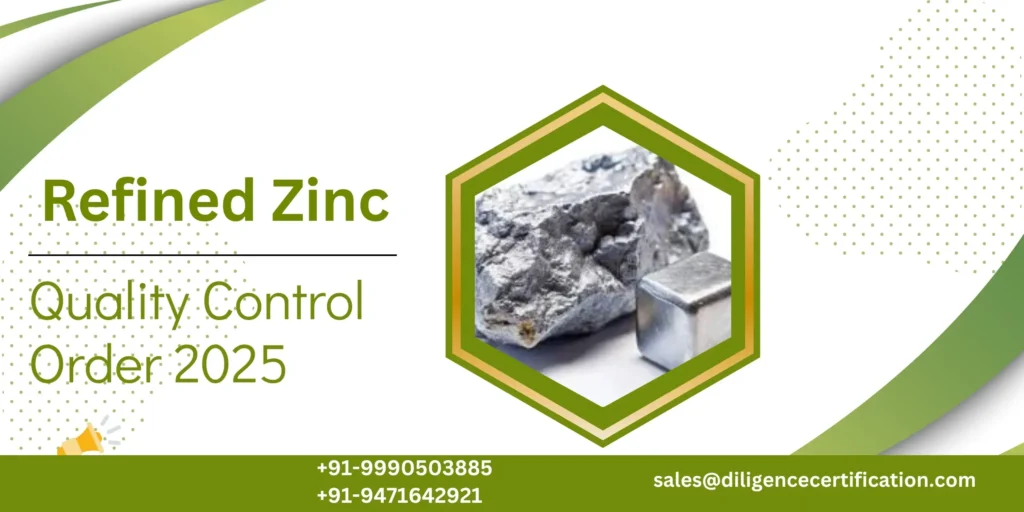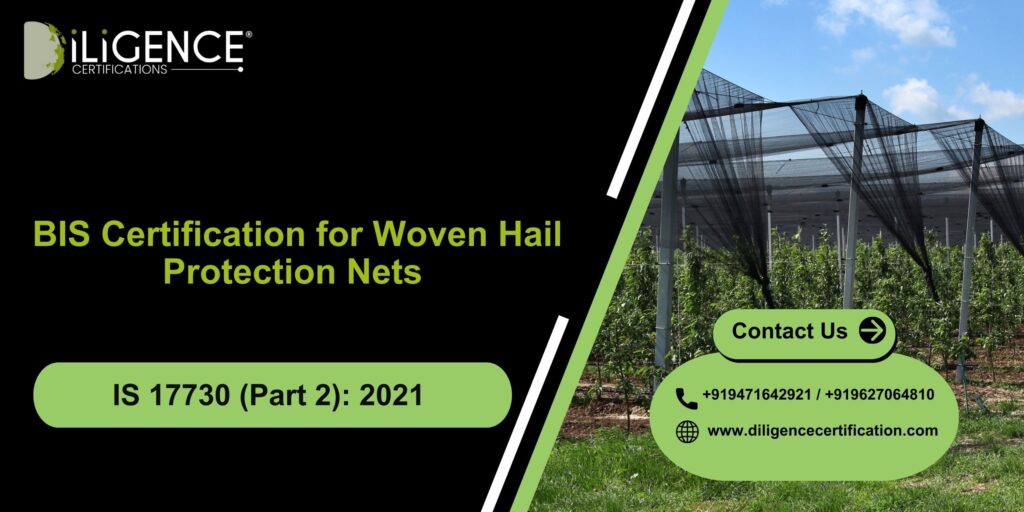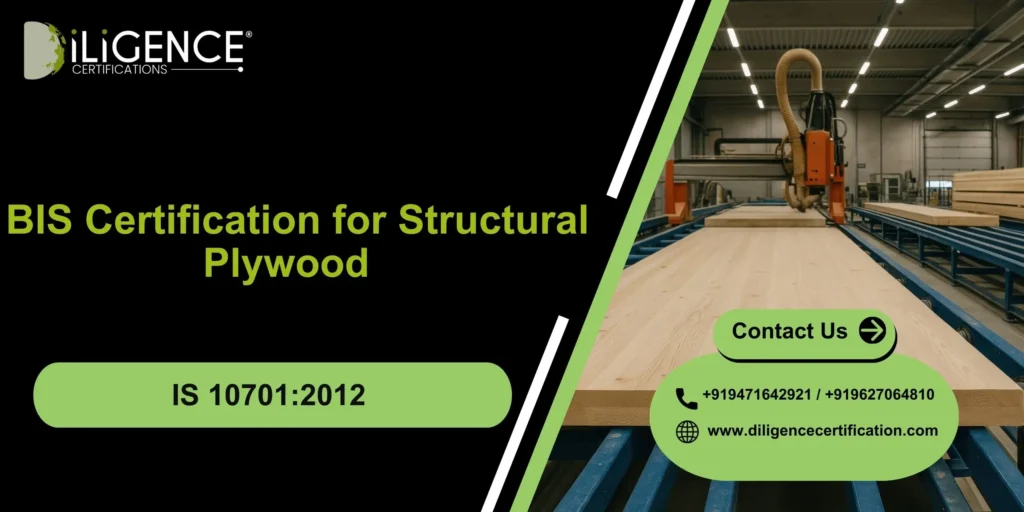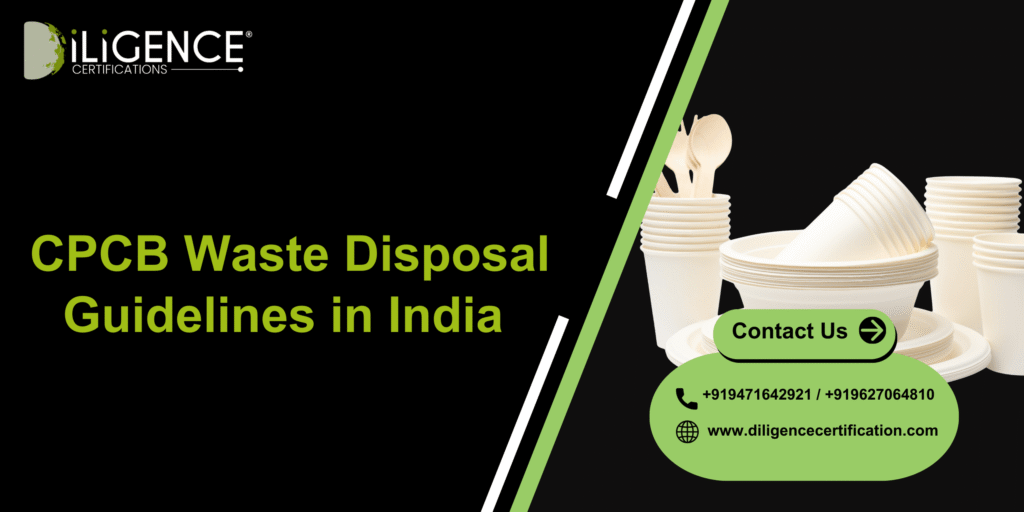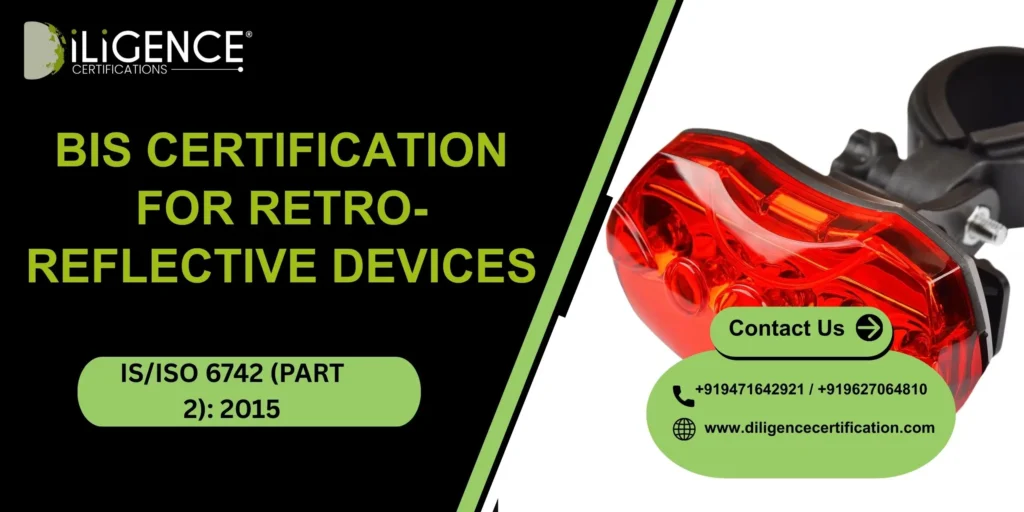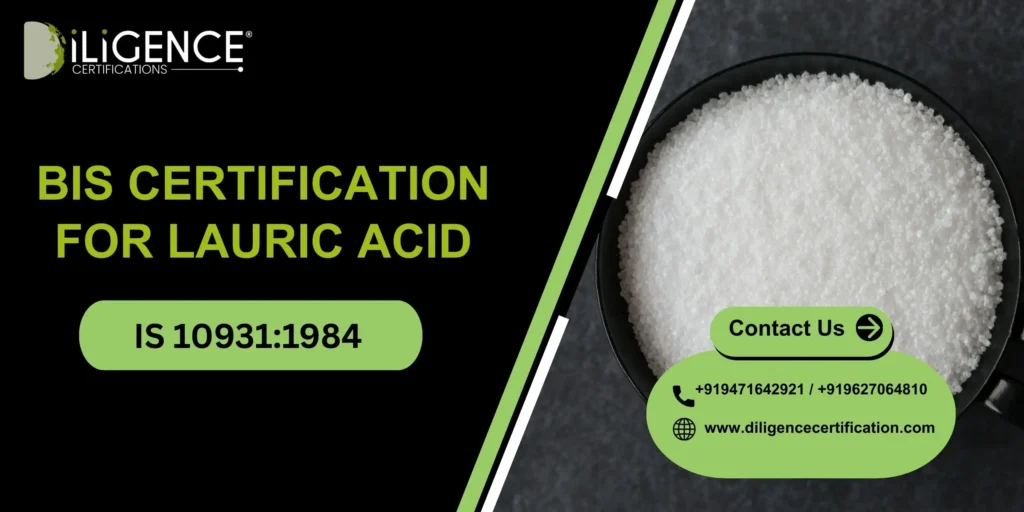- BIS certification for refined zinc is mandatory under IS 209:2024 for quality compliance and trade in India.
- Diligence Certification assists zinc manufacturers and importers through end-to-end BIS application and testing.
- Learn the eligibility, process, documents, costs, and compliance needs to get your refined zinc BIS certified successfully.
- BIS Certification for Refined Zinc ensures your product is safe, high-quality, and approved for the Indian market.
Introduction

In late 2023, a Jaipur-based zinc alloy importer found his shipment stuck at Nhava Sheva port. The reason? His supplier didn’t have the mandatory BIS certification for refined zinc under IS 209:2024. The customs authorities refused clearance, citing non-compliance with India’s Refined Zinc Quality Control Order. This halted operations, cost the trader ₹18 lakhs in losses, and forced him to find a new BIS-certified supplier in days.
This situation is not unique. With India tightening its technical regulations on base metals, every business dealing with refined zinc—from importers to galvanizers—must meet BIS standards or face disruption.
In this guide, we’ll walk you through everything you need to know about BIS certification for refined zinc, especially under the latest IS 209:2024 standard.
What Is Refined Zinc?
High Purity Zinc is the highly purified form of zinc metal that is primarily used in:
- Galvanizing iron and steel
- Making die-cast alloys
- Making brass and other zinc alloys
- Creating an industrially used type of zinc compound.
The refined zinc needs to be made at national standards to ensure the consumer continues to have the same composition-hazardous impurities as the insulated ones; that is, IS 209:2024.
Introduction to IS 209:2024
The IS 209:2024 is the revised Indian Standard devised by BIS that specifies the quality, purity, chemical composition, and testing parameters related to refined zinc.
This standard ensures that the zinc produced or imported into India has very tight quality parameters while specifying very high minimum purity of zinc (99.95%).
It also specifies permissible limits for lead, iron, cadmium, and other impurities as follows:
Conditions regarding packaging,
Labeling, and storage.
The purpose of this standard is to ensure quality control in refined zinc and in the protection of the consumer and the downstream industry against products of inferior quality or contamination.
The Refined Zinc Quality Control Order, 2025
The Ministry of Mines , Government of India, issued the Refined Zinc (Quality Control) Order, 2025, under the Bureau of Indian Standards Act, 2016.
Applicability:
- Indian manufacturers
- Importers
- Traders and stockists
- Bulk industrial buyers
Violation of the order will invite punitive actions under the BIS Act, which will include penalties and confiscation of goods.
Why Is Certifying BIS for Refined Zinc Important?
The BIS mandatory certification for refined zinc would serve a number of important purposes:
1. Assurance of Quality
Manufacturers are supposed to follow security specifications as laid down by the BIS, thus preventing entry into the supply chain of lower-grade, contaminated zinc.
2. Strengthens Consumer Confidence
The ISI indication in a product provides comfort to the customer on safety and conformity as per Indian standards.
3. Ensures Fair Play
Every supplier is now subject to the same rigorous quality standards, regardless of where they are sourced-from – national or international.
4. Prevents Substandard Imports from Being Dumped
The certification serves a regulatory check against the import of low-quality zinc into the country.
Who Needs BIS Certification for Refined Zinc?
Any person who manufactures, imports, stocks, distributes, or sells refined zinc within India should obtain BIS certification.
Categories of Applicants:
- Domestic manufacturers (Hindustan Zinc Ltd, Met Trade India, etc.)
- Overseas manufacturers (exporting to India)
- Importers and distributors (acting as Authorised Indian Representatives)
- Galvanizing units, automobile suppliers, infrastructure companies
So if you are going to use zinc as either an input for alloying or as a final product, it is imperative that it gets certified.
BIS Certification Process for Refined Zinc

Registering for BIS certification for refined zinc is a lengthy process involving several stages for a domestic manufacturer or a foreign one. At Diligence Certification, we make the task easy for our clients to comply with all norms and get faster approvals.
Certification Process Step-by-Step:
1. Applicability
Find out whether your product goes under the scope of IS 209:2024 and under the Quality Control Order. If yes, it should be BIS-certifiable.
2. Which BIS Scheme to Choose
Domestic Manufacturers: Apply with the Simplified Scheme of Conformity Assessment (Scheme-I of BIS [Conformity Assessment] Regulations, 2018).
Foreign Manufacturers: Obtain a Foreign Manufacturer Certification Scheme (FMCS) license and appoint an Authorized Indian Representative (AIR).
3. The Application
The application required includes:
- Company details
- Manufacturing unit details
- Test reports from a BIS-recognized laboratory
- Consent to factory inspection
- Fees
4. Inspection and Testing
The premises will be visited by the BIS officials for verification against IS 209:2024. Product samples shall be tested in BIS-approved labs.
5. Grant of License
The license is granted upon successful inspection and verification, allowing the product packaging to bear the ISI mark.
Documents Required for BIS Certification
To apply for BIS certification for refined zinc, the following documents are required:
- Application form (Form VI)
- Factory layout and process flow diagram
- Raw material procurement details
- Internal test reports and third-party lab test reports
- Quality control manual
- Company registration certificate
- Authorized Indian Representative (for foreign entities)
- Undertaking for compliance with Indian laws
BIS Certification Fees
The cost of BIS certification for refined zinc includes:
- Application fee
- Testing charges
- Inspection charges
- Annual marking fee (depending on production volume)
- Consultant fee (if availing expert services like Diligence Certification)
The overall cost can vary based on factors like plant location, production scale, and product complexity.
Role of Diligence Certification
The BIS certification puzzle is no easy task to solve for businesses that have no idea about the technical documentation and regulatory frameworks. Diligence Certification is here to provide complete end-to-end support and assistance to manufacturers and importers looking to obtain BIS certification for refined zinc.
Why Diligence Certification?
Expert Compliance Consultant: Years of Experience in Managing BIS certifications across Industries.
Fast-Track Approvals: Less Latencies in Documentation Preparation and Pre-Inspection Readiness.
Tailored Support: Our services are custom-made to accommodate all clients, whether they are domestic SMEs or multinational zinc exporters.
Post-Certification Support: Maintenance of Certification with Renewals, Audits, and Surveillance Visits.
Let our experts take care of compliance while you focus on scaling your business.
Challenges in BIS Certification and How to Overcome Them
Although BIS certification is essentially meant to provide credibility, many applicants are still facing these hurdles,
- Delays in laboratory testing or inspection scheduling
- Rejection due to document impropriety
- Absence of quality control infrastructure in the organization
- Difficulty in understanding the Indian regulatory language
The forementioned challenges end here with the aid of Diligence Certification, whereby expert consultation, documentation support, and pre-inspection audits assist to mitigate most of the problems.
Conclusion
Compulsion in adopting the BIS certification for refined zinc under IS 209:2024 is an important milestone in the quality control ecosystem of India. As industries become more reliant on metals and standards for safety and efficiency, BIS conformance is no longer an option for them. Such standards exist widely for the most common metals like copper, aluminum, and steel, and extend into more niche metals.
For any domestic manufacturers and overseas exporters, this is the right time to start the process of certification. The right partner, like Diligence Certification, will make your compliance pathway smooth, timely, and trustworthy.
Frequently Asked Questions
What is IS 209:2024 in refined zinc?
It's the Indian Standard that specifies purity, test method, and limits of impurities in refined zinc. Adherence to this is required for BIS licensing.
May foreign manufacturers obtain BIS certification directly?
No. They need to appoint an Indian Authorised Representative (AIR) who deals with application and coordination with BIS.
What is the approximate cost of BIS certification of zinc?
It varies from ₹1.5 to ₹3 lakhs depending upon lab testing, audit, and consultant assistance.
How long does the BIS certification process take?
Generally 3–6 weeks post-documentation and testing. Fast tracking is possible with experienced consultants.
Is BIS certification applicable to zinc alloys as well?
No, this certification only applies to refined zinc as per IS 209:2024. Zinc alloys come under other IS standards.
What would I face if I import zinc without BIS certification?
The consignment may be rejected at customs, and penalties or legal proceedings may be taken.
How is BIS certification different from ISO certification?
BIS is compulsory for India for product compliance, whereas ISO 9001 is about quality management systems and is voluntary.
Is BIS certification useful for exports?
Yes. BIS-certified products are favoured in tenders, export transactions, and major infrastructure projects.
Is BIS registration required for all imports of zinc into India?
Yes, all refined zinc imported has to meet IS 209:2024 specification and should be possessed with a valid BIS registration certificate before it is cleared from an Indian port.
Does BIS do random inspections after granting the certification?
Yes. BIS shall conduct random audits or surprise inspections to check whether the manufactures continue with due conformity to IS 209:2024.






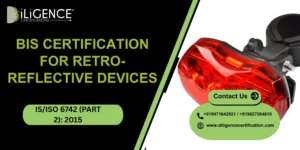
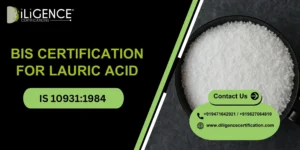
 BIS Certification
BIS Certification
 CDSCO
CDSCO
 CPCB
CPCB
 LMPC
LMPC
 WPC Approval
WPC Approval
 Global Approvals
Global Approvals
 TEC
TEC
 ARAI
ARAI
 BEE
BEE
 ISO Certification
ISO Certification
 Drone Registration
Drone Registration
 NOC For Steel
NOC For Steel



















 Business Registration
Business Registration















 Legal Services
Legal Services
 Trademark Registration
Trademark Registration
 Copyright Registration
Copyright Registration
 Patent Registration
Patent Registration
